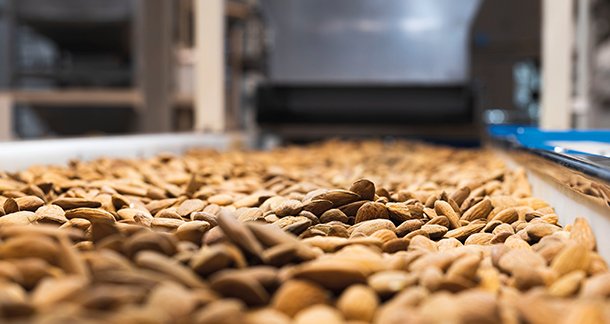European Almond: Quality and Sustainability from the Iberian Peninsula to Conquer the Market
- A benchmark in agriculture with a low ecological footprint and high social impact, the almond sector in Spain and Portugal has consolidated its position as the world’s second largest producer and exporter of this nut.
- It’s increasingly appreciated by the European industry due to the extraordinary organoleptic characteristics of its varieties, such as guara, soleta, belona, avijor-lauranne or penta.
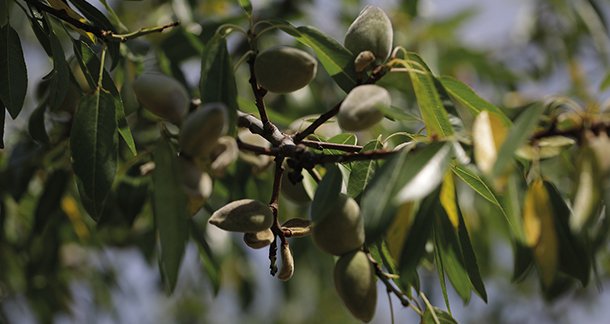
High quality varieties and unique characteristics are its calling card. The European almond, which has its main production centre in the Iberian Peninsula, is increasingly in demand both by the end consumer and by professionals in the food industry, thanks to the good agricultural and processing practices carried out by the Spanish and Portuguese sectors, based on the accredited European production model and the “From the field to the table” strategy.
One of the most advanced systems in the world, it ensures both sustainability and product quality thanks to its demanding set of standards and regulations. Moreover, Iberian producers go far beyond these regulations in aspects such as water management. In fact, 82% of the almond trees grown in both countries are rainfed.
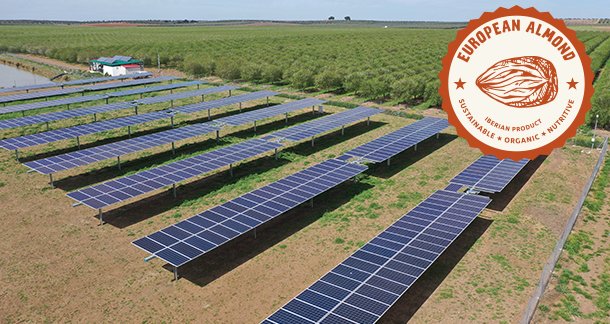
Added to this is another key fact: more than 25% of the hectares of almond trees in Spain and Portugal are certified organic, which makes this area a true global benchmark.
With the European market demanding more and more sustainable food, the Iberian almond is a perfect solution for the continent’s food industries. This is why the Spanish organization SAB-Almendrave, and the Portuguese Centro Nacional de Competências dos Frutos Secos (CNCFS) have joined forces to carry out the ‘Sustainable EU Almond’ campaign, co-financed by the EU, which seeks to highlight the importance of origin, and all that this implies in terms of flavour, quality and sustainability.
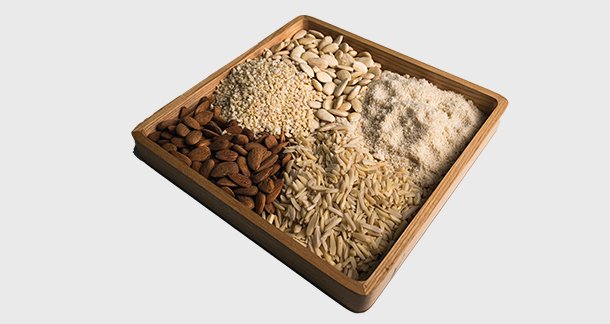
Iberian icon
With 800,000 hectares of almond trees, Spain and Portugal together are the world’s second largest producer and second largest exporter of this nut. The European market represents a magnificent opportunity, since it represents no less than 31% of the world’s almond consumption, with some 487,000 tonnes per year.
So there is a real opportunity to turn this authentic Iberian icon, so present in the Mediterranean diet, into a Europe-wide phenomenon. For this reason, the campaign launched by SAB-Almendrave and CNCFS focuses on France and Germany, as well as Portugal and Spain.
And its main weapons to achieve this are quality and sustainability. For example, it is important to highlight that European almonds sequester around 17 million tonnes of CO2 per year (an amount equivalent to that emitted by the city of Barcelona) and make responsible use of both water (through on-demand irrigation systems) and active substances, as well as acting as a brake on erosion and a natural firebreak. And that its environmental footprint is also lower due to the simple fact that it is geographically close to the end consumer, which implies a lower impact of the logistics chain.
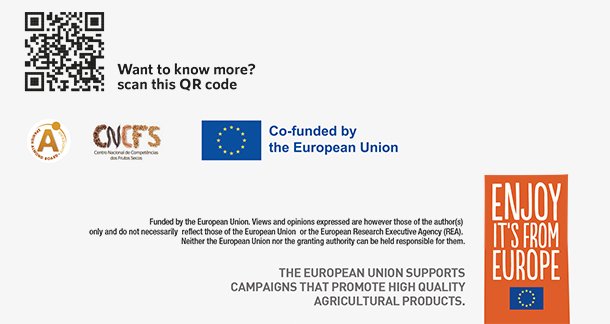
Furthermore, the campaign encourages consumers and professionals to discover the unique taste and texture of almonds native to the Iberian Peninsula, such as guara, soleta, belona, avijor-lauranne or penta, to name five of the more than 100 varieties present in the territory. Some of them are even thousands of years old.
In short: sustainability and quality are the winning duo of characteristics with which the European almond aims to conquer the global market.
For more information, visit the website https://sustainablealmond.eu/en/

